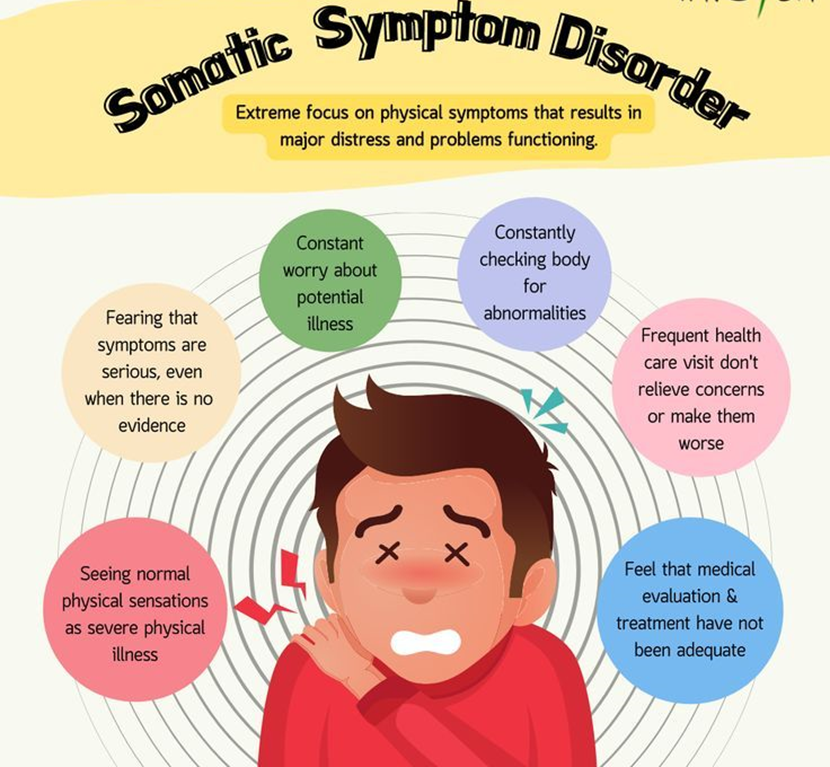A nurse is caring for a client who has an extremely elevated lithium level. Which of the following actions should the nurse take?
Prepare for gastric lavage.
Hold the medication and assess for early manifestations of toxicity.
Check the client's medication record to assess whether the client has been refusing her lithium.
Administer the morning dose of lithium.
The Correct Answer is B
Choice A reason: Gastric lavage is typically not the first-line treatment for lithium toxicity due to the risk of aspiration and potential complications. It is usually reserved for cases where the ingestion was recent and massive.
Choice B reason: When a client presents with an extremely elevated lithium level, it is crucial to hold further doses to prevent exacerbation of toxicity. The nurse should monitor for early signs of toxicity, which include gastrointestinal symptoms like nausea, vomiting, diarrhea, and neurological symptoms such as tremors, confusion, and ataxia. The normal therapeutic range for lithium is 0.6 to 1.2 mmol/L, and levels above 1.5 mmol/L are considered toxic.
Choice C reason: While it is important to review the medication record, the immediate concern with an extremely elevated lithium level is addressing the toxicity. Checking the medication record can be part of the assessment process but is not the priority action.
Choice D reason: Administering the morning dose of lithium could worsen the client's condition by increasing the lithium level further, which is already extremely elevated. This could lead to severe toxicity or even fatal consequences.
Nursing Test Bank
Naxlex Comprehensive Predictor Exams
Related Questions
Correct Answer is ["A","B","C","E"]
Explanation
Choice A reason: Demonstrating alternative ways to deal with stress and anxiety is a measurable outcome, as the client can be observed utilizing different coping strategies in response to stressors.
Choice B reason: The ability to verbally express emotional feelings is an important therapeutic goal for clients with somatic symptom disorder, as it can help them articulate emotions rather than expressing them through physical symptoms.

Choice C reason: Identifying the relationship between stress and physical symptoms is a key component of managing somatic symptom disorder, as it helps the client understand how psychological factors can manifest physically.
Choice D reason: Learning to vary their schedule can help the client avoid routines that may contribute to stress, providing a sense of control and flexibility.
Choice E reason: Assuming responsibility for self-care activities is a significant step towards empowerment and self-management, which is essential for long-term treatment success.
Correct Answer is ["D","E","F"]
Explanation
Choice A reason: Exploring is a therapeutic technique that involves delving into a client's experiences and feelings, which can be beneficial in understanding their perspective.
Choice B reason: Silence can be a therapeutic technique that gives clients space to think and express themselves.
Choice C reason: Voicing doubt can undermine the client's confidence and is not considered a therapeutic response.
Choice D reason: Challenging may confront the client in a non-therapeutic way, potentially leading to defensiveness.
Choice E reason: Disapproving can make clients feel judged and is not conducive to a therapeutic relationship.
Choice F reason: Agreeing may not always be therapeutic as it can prevent clients from exploring all aspects of their issues.
Whether you are a student looking to ace your exams or a practicing nurse seeking to enhance your expertise , our nursing education contents will empower you with the confidence and competence to make a difference in the lives of patients and become a respected leader in the healthcare field.
Visit Naxlex, invest in your future and unlock endless possibilities with our unparalleled nursing education contents today
Report Wrong Answer on the Current Question
Do you disagree with the answer? If yes, what is your expected answer? Explain.
Kindly be descriptive with the issue you are facing.
